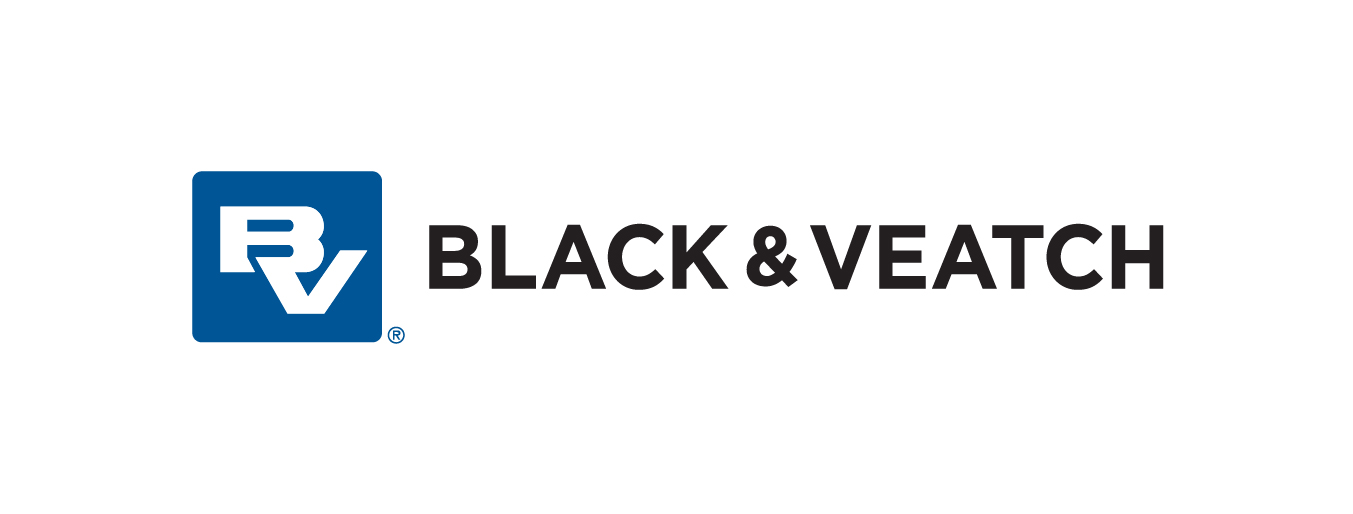Black & Veatch Report: Renewable Energy Integration Tops Electric Sector's List of Challenges As Decarbonization, Climate Change Propel Transformation
While aging infrastructure remains a concern, focus on cybersecurity and grid modernization reflects rising challenges for service providers
OVERLAND PARK, Kan., November 16, 2021 /3BL Media/ – Facing mounting demand to integrate increasing amounts of renewable energy onto the grid and elevate their resilience to power-disrupting weather events and wildfires, U.S. electric utilities continue to wage a transformation keying on their need to modernize in a decarbonizing world. Black & Veatch’s new survey-driven Electric Report puts into focus the blend of challenges and opportunities for a sector tasked with bolstering their reliability in a rapidly evolving energy ecosystem.
Applying its expert analyses to survey data from nearly 500 electric industry stakeholders – and released on the heels of the influential COP26 global summit about climate change – Black & Veatch’s 15th annual report details a path forward for the sector as “new energy” from solar and wind – and the ascension of hydrogen – continue to reshape the domestic power landscape.
Highlighted during the recent U.N. Climate Change Conference in Glasgow, Scotland, unrelenting demands from governments, corporations, activists and shareholders for lower carbon footprints also are prompting utilities to balance their energy portfolios with cleaner, more environmentally friendly options. Cyber threats and the pressing need to invest in charging infrastructure for a proliferating electric vehicle (EV) market add to such headwinds as the industry prepares for a surge in demand after more than a decade of slow growth.
Detailing the push for utilities and power developers to become more sustainable, reliable and resilient, the report offers key insights, including:
- While aging infrastructure has been a relative constant as the industry’s most-cited top challenge for more than a decade, roughly one-third of survey respondents now rate the integration of renewables as their No. 1 challenge, moving up one spot from last year. Cybersecurity jumped four spots to second place, with aging infrastructure now third.
- Over the next decade, the energy sector expects to see solar and wind power as critical to meeting clean energy goals and/or cutting their emissions and carbon output. Those numbers drop considerably beyond 10 years, giving way to more deployments of hydrogen — the most-cited option beyond the next decade — and battery energy storage.
- Industry concerns regarding the future of renewables at scale center on three major barriers, with cost leading the way.
- With no universal approach in preparing grids for extreme climate events, each energy asset owner and provider will need a customized strategy that accounts for system constraints, geographic location, asset vulnerabilities, budgetary considerations and workforce availability.
- Government incentives and policies, along with increased governmental pressure and influence, are the top two factors driving the respondents’ renewable energy investments in their regions.
“As the surge of clean energy fuels, advancements in energy storage and extreme weather events and wildfires continue to have a profound impact on the U.S. power grid’s resilience, electric utilities must embrace the opportunity to innovate and repower themselves,” said Mario Azar, president of Black & Veatch's energy and process industries business. “It’s a pivotal time for forward-looking, proactive energy approaches that deliver the reliability and lower carbon impacts that consumers and enterprises, big and small, demand from critical infrastructure services.”
Other notable findings in the report include:
- Nine out of 10 respondents expect energy storage investments to increase in the next five years in their region, up from 80 percent last year. More than half — 56 percent — expect their generation capacity investment in hydrogen to rise over the same half-decade time frame, double the 26 percent of respondents who anticipated as much in 2020.
- Nearly 80 percent of respondents are committed to reducing carbon dioxide (CO2) and other greenhouse gas emissions while furthering their own clean energy goals. More than half (57 percent) are doing this independently from any regulatory mandate.
- Seventy-five percent of respondents say they are directing their capital toward clean renewable energy investment, yet less than 10 percent believe a 100-percent clean energy generation model has been validated.
- Four out of five respondents consider asset hardening to be more important today than in previous years. This may be due to the immediacy of this year’s weather issues – or reflect the business community’s awareness of the significant financial and reputational risk they face from extreme weather events.
- Nearly three-quarters of survey respondents acknowledge there is local pressure on their utilities to commit to decarbonization. Roughly one-third of respondents say they’re feeling increased demand for clean energy solutions from commercial and industrial clients, up nearly three-fold from last year.
Editor’s Notes:
- Black & Veatch’s report is based on a survey of nearly 500 electricity industry stakeholders. To download a free copy of the report, click here.
About Black & Veatch’s Industry Reports
Black & Veatch’s high-impact reports, in a series previously known as Strategic Directions publications, provide industry insights and analysis based on market-leading research. Encompassing several annual reports examining the electric, water and other sectors, the series serves to inform and educate industry players on key issues, challenges and opportunities. Visit https://www.bv.com/reports to learn more.
About Black & Veatch
Black & Veatch is an employee-owned global engineering, procurement, consulting and construction company with a more than 100-year track record of innovation in sustainable infrastructure. Since 1915, we have helped our clients improve the lives of people around the world by addressing the resilience and reliability of our most important infrastructure assets. Our revenues in 2020 exceeded US$3.0 billion. Follow us on www.bv.com and on social media.
Media Contact Information:
JIM SUHR | +1 913-458-6995 P | +1 314-422-6927 M | SuhrJ@BV.com
24-HOUR MEDIA HOTLINE | +1 855-999-5991

